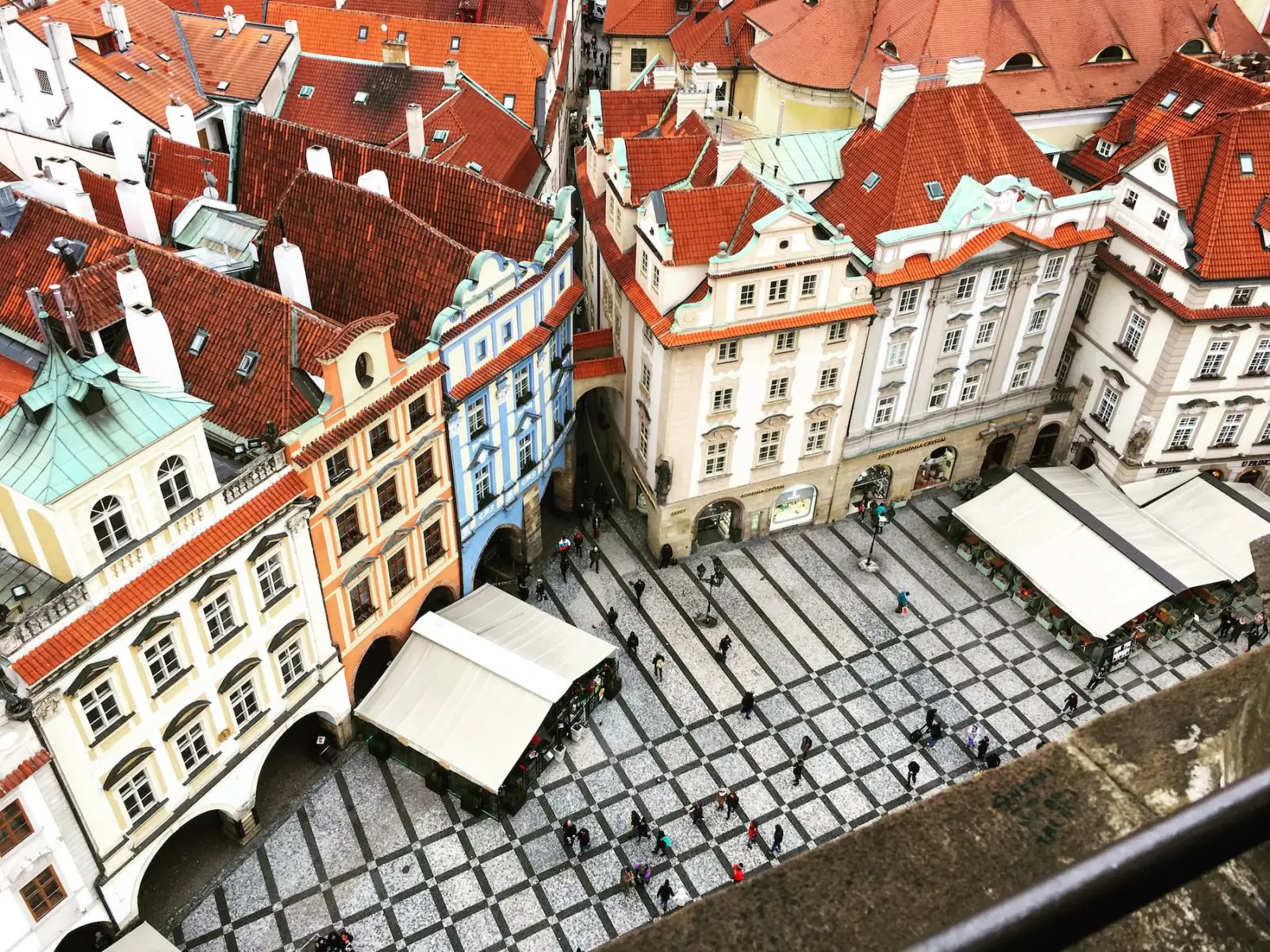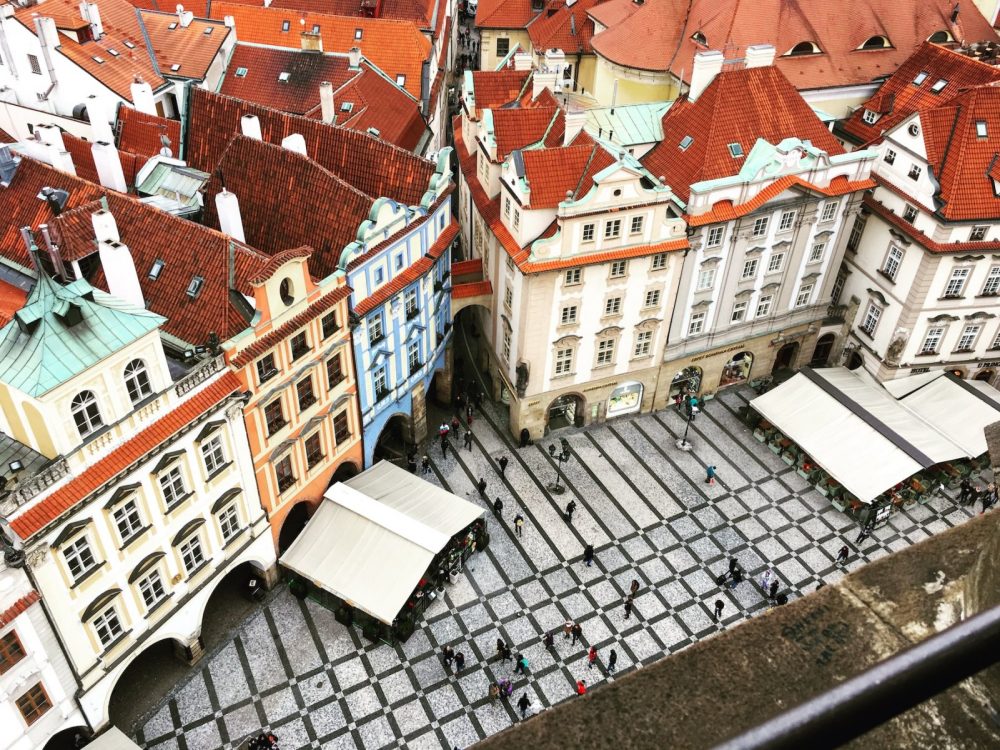The Czech Republic has long established itself as one of the most stable and investment-attractive markets in Europe. Against the backdrop of political predictability, economic growth, and liberal legislation, the question of why to buy real estate abroad here becomes particularly relevant. Unlike countries with high entry barriers, the Czech Republic offers a clear transaction structure and guarantees for foreign investors.
Developed infrastructure, access to European markets, and high rental demand make the Czech market especially interesting for capital investment. Purchasing real estate abroad in this case ceases to be a matter of prestige—it becomes a pragmatic step towards stability and asset growth.

Czech Republic as a strategic choice: why buy real estate abroad in Eastern Europe?
Thanks to its geographical location, the Czech Republic acts as a transit center of Europe. A stable economy, neutral politics, and a high security index create an attractive business environment. This is particularly important in times of global crisis when investors’ attention shifts to markets with minimal risks.
For those considering where to invest in real estate abroad in 2025, the Czech Republic remains one of the key destinations. Here, there is a stable growth in housing and commercial property prices, as well as a steady rental income. In addition, state support for foreign investments and double taxation agreements make investments even more attractive.
Commercial real estate investment: trends and profitability
The commercial segment in the Czech Republic demonstrates stable demand. Retail spaces, office buildings, warehouses, and hotel properties quickly find tenants, especially in Prague, Brno, and Olomouc. Purchasing commercial property in the Czech Republic allows investors to generate income from both rent and resale with value appreciation.
Amid high competition in Western European countries, the Czech market remains accessible and promising. Investors from CIS countries are increasingly questioning why to buy real estate abroad, considering Prague as an alternative to Berlin or Vienna. The commercial sector shows a yield of 5% to 8% annually—figures that exceed the profitability of many European stocks.
Investment forms and legal aspects
One of the factors of attractiveness of the Czech Republic lies in the clear structure of property registration. Foreign citizens can directly own properties without the need to establish legal entities or obtain additional permits. Legislation regulates rent and resale of properties in the owner’s interests, ensuring protection of rights.
Moreover, profitable real estate investments here are not limited to housing—they cover a wide range of properties: from lofts and apartments to business centers and warehouse terminals. Foreign investors increasingly view citizenship through property investment as a long-term goal, especially given the Czech Republic’s openness to qualified expatriates and investors.
Key advantages of the Czech market
Before choosing an investment direction, it is important to consider key arguments in favor of a specific region. The Czech Republic offers several factors that make the real estate market particularly reliable:
- stable macroeconomic situation and predictable profitability;
- high rental demand from students, migrants, and professionals;
- centralized location in the EU and logistical accessibility;
- absence of currency control and flexible tax system;
- high legal security for foreign owners.
Thus, the answer to the question of why to buy real estate abroad takes on a specific investment focus.
Which properties are in demand in 2025?
Foreign buyers’ investment interest in 2025 is shifting towards properties that combine stable income and potential value growth. Primarily, these include:
- residential apartments in historic areas of Prague;
- commercial spaces with long-term leases;
- properties located near universities and business districts;
- new buildings meeting ecological standards;
- properties with potential for resale after reconstruction.
This choice not only helps preserve invested assets but also ensures their growth through market dynamics.
Who is Czech real estate suitable for?
Investing in Czech real estate will be rational for:
- businessmen diversifying asset portfolios;
- those considering obtaining residency through property investment;
- parents providing education in the Czech Republic for their children;
- investors seeking long-term passive income;
- entrepreneurs developing international business in the EU.
For each, the Czech market offers a clear structure, minimal risks, and the potential for profitability growth without additional expenses.
Resale prospects and capital growth
Due to the low initial cost of properties and stable demand, property resale in the Czech Republic remains a sought-after investment instrument. This is particularly relevant for properties acquired before completion of construction or in areas undergoing active reconstruction. Value appreciation reaches 15-20% within the first three years after purchase, exceeding the average profitability of most stocks and banking instruments.
Thus, the question of why to buy real estate abroad receives a clear answer when considering profitability parameters and growth predictability.

Conclusion
The answer to why buy real estate abroad in the context of the Czech Republic is formed from a combination of factors—accessibility, stability, profitability, investor rights protection, and high rental demand.
Amid unstable currency markets, geopolitical changes, and global inflation, Czech real estate serves not only as a means of capital preservation but also as a strategic asset with high growth potential!
 en
en  ru
ru  de
de  ar
ar  es
es  nl
nl  hi
hi  fr
fr  it
it  pt
pt  el
el 









